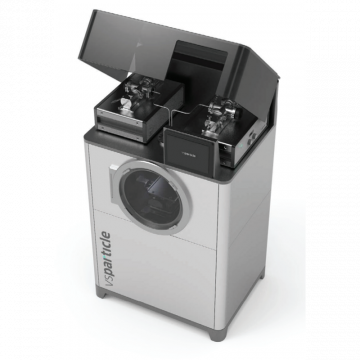Surface-Enhanced Raman Spectroscopy (SERS) is a highly-sensitive detection technique which can contribute greatly to the development of chemical and biological sensing applications in many different fields. Those fields include among others, food analysis, medical diagnosis, forensics, environmental monitoring, and even fine art preservation. Due to Localized Surface Plasmon Resonance (LSPR), SERS substrates provide orders of magnitude electromagnetic enhancement in Raman signal, overcoming the traditional problem of Raman Spectroscopy – its inherent weakness. This is achieved by using nanostructured surfaces, typically with metals such as gold, silver or copper. SERS maintains all the characteristics of Raman Spectroscopy, namely the non-destructive detection based on molecular fingerprint and label-free nature.
Enhancing SERS Through Nanostructured Materials
Enhancing SERS Through Nanostructured Materials
Categories: Knowledge Base & Automotive & Materials
Posted On: 11th February 2021
Posted By: Anne Fallon
Search
Categories
Recent Posts
Archives
Search
Categories
Recent Posts
Archives






